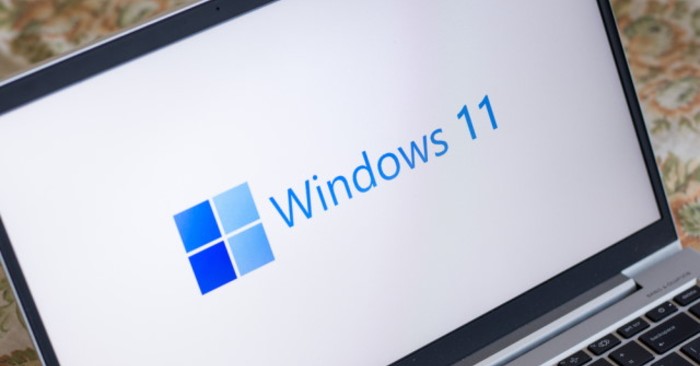- May 19, 2011
- 21,540
- 16,776
- 136
I've built a few PCs with the ASUS PRIME B350M-A board (which ASUS claims it supports Win11) and a Ryzen 2200G CPU (which isn't on the CPU support list).
Will such a PC run Win11 (assuming the latest BIOS updates and BIOS configured correctly)?
My impression was that it had to be a CPU-based TPM (hence the CPU support list), however the other day I encountered another PC I built (3400G, B450M-A) which MS's "PC Health Check" claimed didn't support Win11 until I changed a BIOS setting from discrete TPM to firmware. I thought that setting was CPU = discrete and firmware = board, so I was quite surprised when it seemed to satisfy the PC health check.
As a result I'm wondering if the PCs I've built with the B350M-A board will support Win11 if the TPM setting is set to firmware.
Will such a PC run Win11 (assuming the latest BIOS updates and BIOS configured correctly)?
My impression was that it had to be a CPU-based TPM (hence the CPU support list), however the other day I encountered another PC I built (3400G, B450M-A) which MS's "PC Health Check" claimed didn't support Win11 until I changed a BIOS setting from discrete TPM to firmware. I thought that setting was CPU = discrete and firmware = board, so I was quite surprised when it seemed to satisfy the PC health check.
As a result I'm wondering if the PCs I've built with the B350M-A board will support Win11 if the TPM setting is set to firmware.




